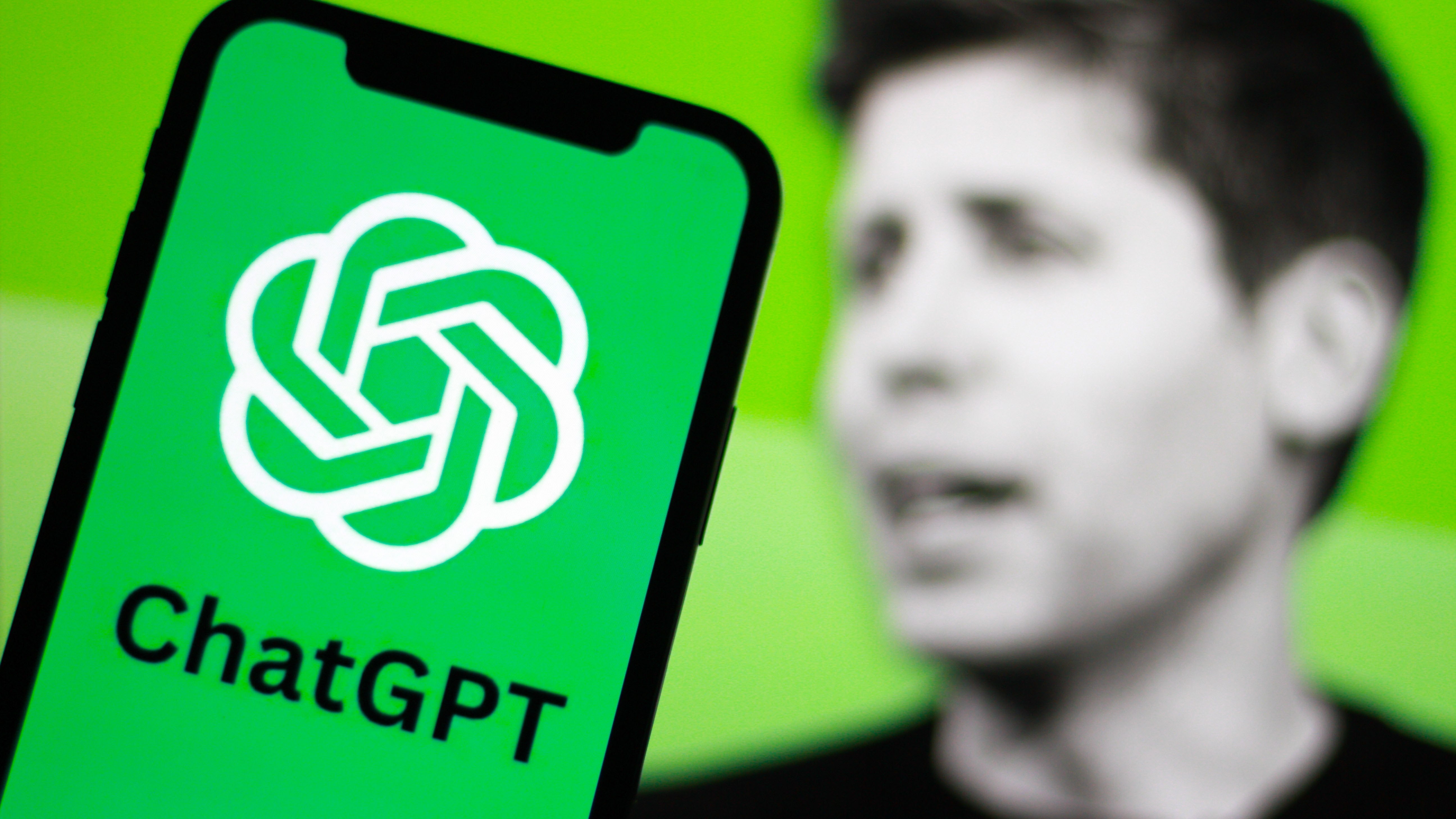‘You will not see us do that’ – Sam Altman reveals the one big thing OpenAI won't do
Balancing the future of AI

Sign up for breaking news, reviews, opinion, top tech deals, and more.
You are now subscribed
Your newsletter sign-up was successful
Sam Altman, OpenAI's outspoken CEO, has been working overtime the last week or so following the launch of GPT-5.
Just over a week ago, the company launched the next major upgrade to ChatGPT, but the new features were met with widespread backlash from the chatbot's most loyal users.
Altman sat down with The Verge to discuss the rollout and give further insight into OpenAI's vision for "billions of people a day to be talking to ChatGPT."
He believes the company is en route to move up from its current spot as the world's fifth biggest site, and thinks they are "on the clear path to the third," which would mean taking over Meta's Facebook and Instagram.
While Altman was quick to acknowledge the mistakes from the launch of GPT-5 and how OpenAI "screwed up some things on the rollout," the company has now reverted back to offering GPT-4o to all ChatGPT Plus subscribers.
That said, it doesn't look like 4o will be made available to free subscribers anytime soon, and it might take a while for users to trust in GPT-5 as much as they did its predecessor.
OpenAI's decision to take a U-turn on some of the changes included in GPT-5, such as more abrupt responses, less AI model choice, and ultimately removing users' memories held in 4o, has opened up further debate about how AI companies improve their products in the future.
Sign up for breaking news, reviews, opinion, top tech deals, and more.
For many, more powerful AI tools are the top priority, but for others, they rely on chatbots for far more than productivity, often using the platform for friendship, and knowing how to balance between two core customer bases is something Altman and co are still learning to navigate.
I would do anything for users, but I won't do that!
Altman says, "You will definitely see some companies go make Japanese anime sex bots because they think that they’ve identified something here that works."
“You will not see us do that. We will continue to work hard at making a useful app, and we will try to let users use it the way they want, but not so much that people who have really fragile mental states get exploited accidentally."
The sudden rise of AI has proven so powerful that we're starting to reach a crossroads where even those in charge don't know what to do next to improve capabilities and educate users.
With fewer and fewer training wheels in place, more and more people are becoming reliant on the technology, which means OpenAI and other AI companies need to thoughtfully recognize how major updates will impact everyone who uses their products.
You might also like

John-Anthony Disotto is TechRadar's Senior Writer, AI, bringing you the latest news on, and comprehensive coverage of, tech's biggest buzzword. An expert on all things Apple, he was previously iMore's How To Editor, and has a monthly column in MacFormat. John-Anthony has used the Apple ecosystem for over a decade, and is an award-winning journalist with years of experience in editorial.
You must confirm your public display name before commenting
Please logout and then login again, you will then be prompted to enter your display name.